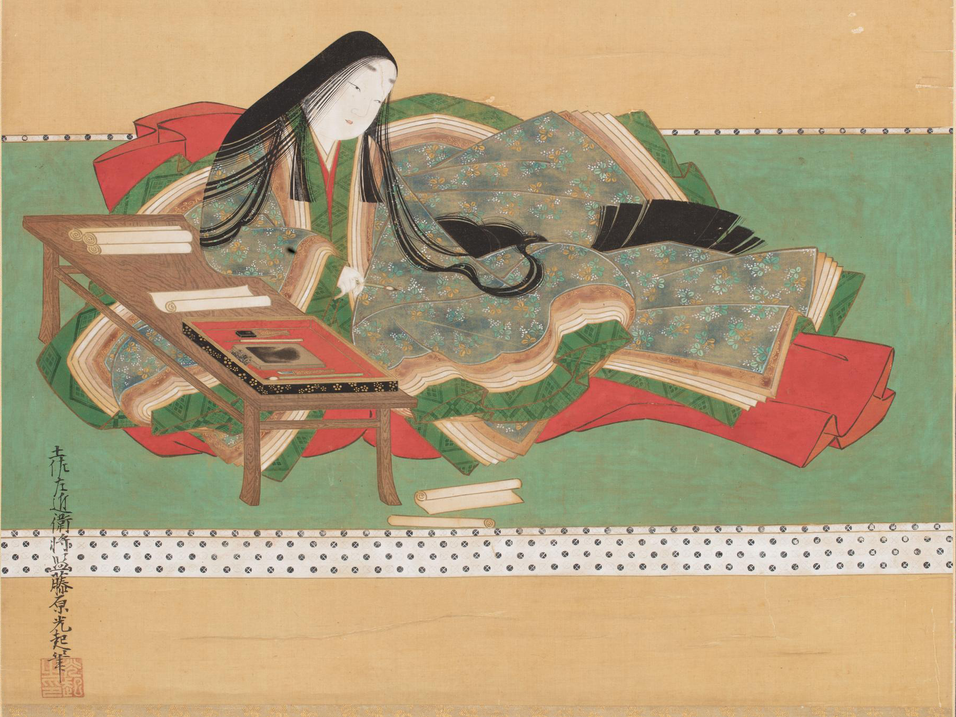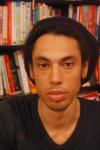HUMS 284, The Tale of Genji

Course Description
A reading of the central work of prose fiction in the Japanese classical tradition in its entirety (in English translation) along with some examples of predecessors, parodies, and adaptations (the latter include Noh plays and twentieth-century short stories). Topics of discussion include narrative form, poetics, gendered authorship and readership, and the processes and premises that have given The Tale of Genji its place in “world literature.” Attention will also be given to the text’s special relationship to visual culture.
No knowledge of Japanese required. A previous college-level course in the study of literary texts is recommended but not required.
Led By:
 |
James Scanlon-Canegata
Broadly, my research is driven by an interest in the intersection of the sonic experience (music, vocality, voice, and language) and inscription in the formation of text and literary canon. Focusing on the compilation and editing process in early vernacular texts, my dissertation project looks at how linguistic and acoustic soundscapes and performance contexts were navigated and inscribed in music books (fuhon) and literary compilations of vernacular song (uta) circa the late Nara (710-784) and early-mid Heian periods (794-1185). I approach the question of language, sonority, and text through my ongoing research concentrating on the vicissitudes of kayo “oral ballads” through history, including its development as a written genre of vernacular song in the earliest texts, which my dissertation covers, and its stages of reception from the medieval to Postwar minzokugaku “ethnography” and literary kayo studies. |